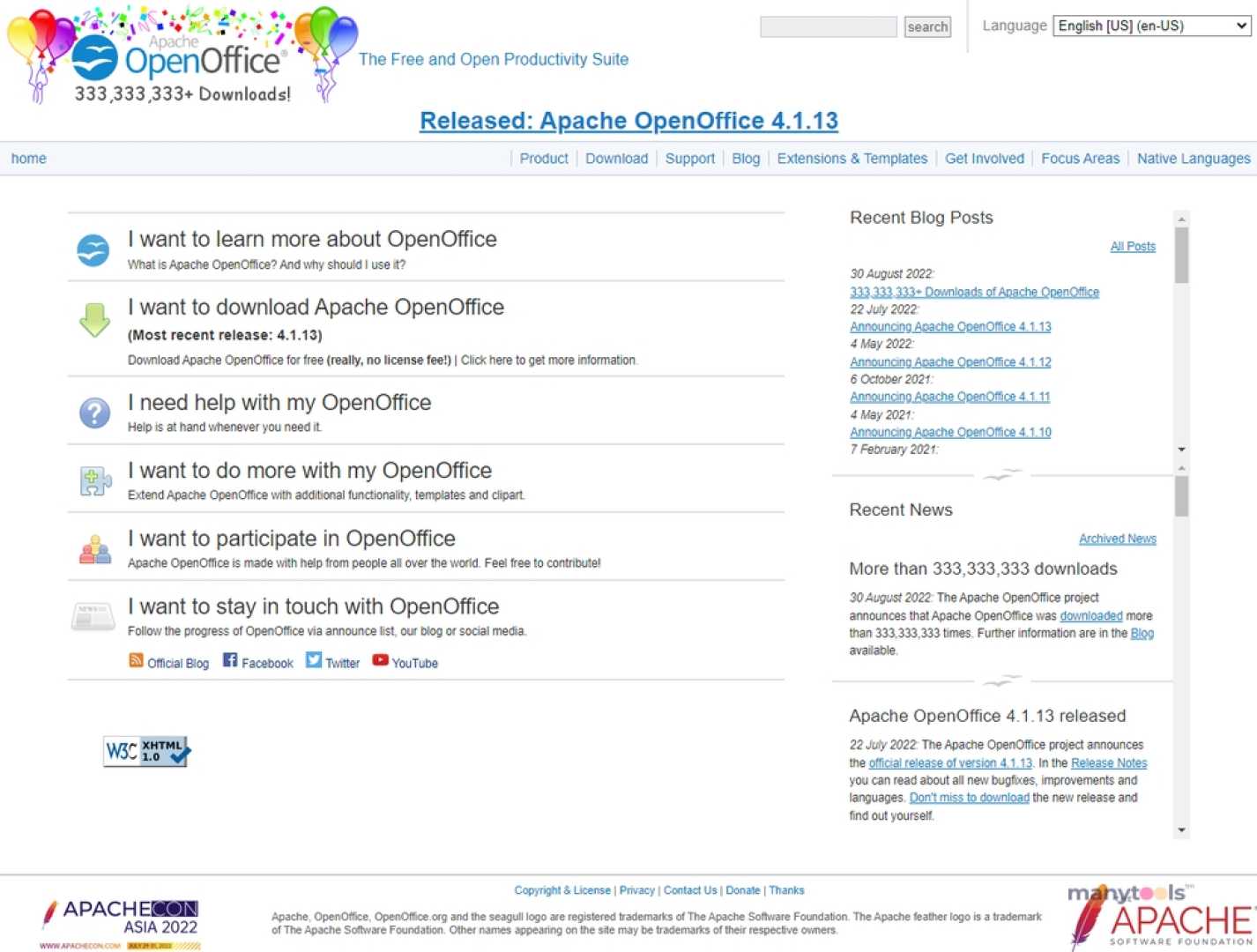Tech
The Enduring Popularity of LibreOffice Among Writers

Many professional writers, having spent extensive time in the field, continue to rely on the open-source office suite, LibreOffice, for serious document creation and editing. Founded as a fork from OpenOffice, LibreOffice has been preferred by users since its official announcement in January 2011.
While cloud-based options like Google Docs may be convenient for non-fiction writing, LibreOffice remains the tool of choice for larger projects such as novels, which typically exceed 60,000 words and can span over 300 pages.
One of the key advantages of LibreOffice is its high level of customization. Users can configure various styles and options, allowing for seamless workflow that avoids the interruptions common with cloud-based suites. For writers, hindrances in typing flow can obstruct creativity.
Customizing styles to meet personal preferences is straightforward with LibreOffice. For instance, users can adjust the Heading 2 style to align centrally, set paragraph styles to be single-spaced, and ensure paragraphs start with a standard indent. The Style Editor streamlines this process, facilitating efficient document composition.
In addition, LibreOffice operates without distraction, as it saves documents locally rather than in the cloud. This mostly removes potential privacy issues related to third-party servers, assuring users of document confidentiality.
The security that LibreOffice provides is notable for those dealing with sensitive documents. Users can password-protect files and strip metadata for enhanced privacy, reflecting a strong commitment to user security and control over personal data.
LibreOffice maintains compatibility across various platforms, allowing users to switch between Linux and Mac systems while preserving document formatting. The ability to produce consistent documents is vital, especially for manuscripts that adhere to specific formatting guidelines set by publishers.
Furthermore, LibreOffice includes several built-in tools that cover diverse writing needs. Users benefit from features like spellchecking, a thesaurus, and accessibility checks, among others.
The allure of LibreOffice lies in its open-source nature, which allows ongoing improvements driven by community feedback. As the software is free of charge, the accessibility it offers is another reason for its continued popularity among writers.












